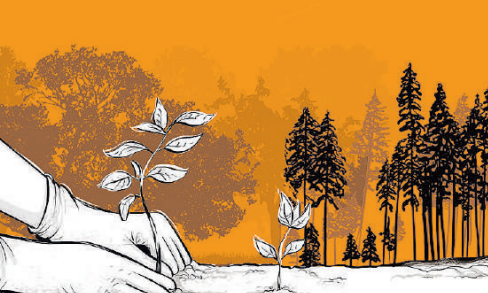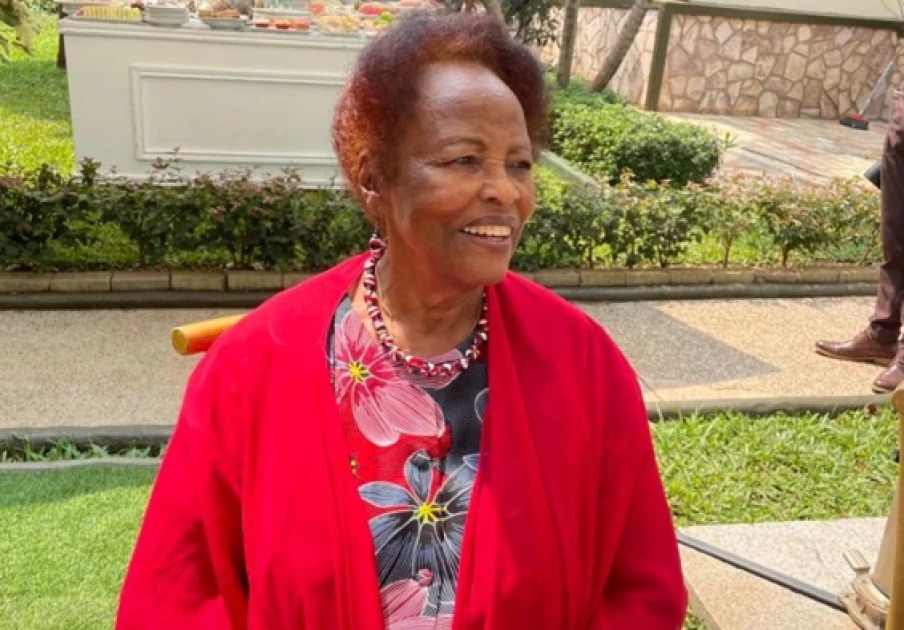
World Vision Kenya has joined calls for urgent and collective action to address escalating plastic pollution crisis, saying it has become a threat to health, safety and future of children.
The call came as the world marked World
Environment Day 2025 under the theme “Putting an End to Plastic Pollution.”
More than 430 million tonnes of plastics are produced every year across the globe, with two-thirds used in short-lived applications such as packaging.
However, only less than nine per cent is recycled, leaving the vast majority to pollute the environment, according to the Unep, 2024 report.
In Kenya, 22,000 tonnes of waste are generated daily and 20 per cent of
this is plastic.
In urban areas such as Nairobi, plastic makes up nearly 30 per cent of daily waste, yet only eight per cent is recycled, with the rest either incinerated or left to contaminate the land and water.
World Vision said plastic pollution disproportionately affects Kenya’s most vulnerable populations, particularly children living in informal settlements and arid and semi-arid lands where poor waste management and environmental degradation collide.
The highest rates of malnutrition, stunting, anaemia and underweight among children in arid and semi-arid counties are closely linked to the severe impacts of climate change, environmental degradation and related hazards.
These children face increased risks of exposure to toxic chemicals, contaminated water and food and suffer long-term health impacts from pollution linked to open burning and improper plastic waste disposal.
“Plastic pollution is not just an environmental issue — it’s a crisis impacting the health, safety and future of our children. Ending plastic pollution is essential to creating a safe, healthy and sustainable future for every child and the communities they call home,” said Gilbert Kamanga, national director, World Vision Kenya.
The organisation has prioritised environmental sustainability and climate resilience as key pillars of its budget strategy that is under implementation since 2021.
Through the strategy, some 168,000 hectares of degraded land have been restored with more than 130,000 households supported with resilience interventions.
Kamanga said more than 500,000 individuals have been positively impacted in more than 20 counties with thousands of children, women and youth also empowered through eco-friendly livelihoods and environmental education.
“World Vision calls on the government of Kenya, development partners, the private sector, civil society, faith-based organisations and all citizens to unite in ending plastic pollution,” he said.
They want the state to enforce bans and regulations on the use of plastics, invest in recycling infrastructure and circular economy models and to also scale up public education and community-based waste solutions.
“On this World Environment Day, we thank all our partners whose support continues to empower communities, protect vulnerable children and restore hope and dignity. Together, we are not only preserving the environment, we are also shaping a more resilient and sustainable future for generations to come,” said David Githanga, board chairman.




















